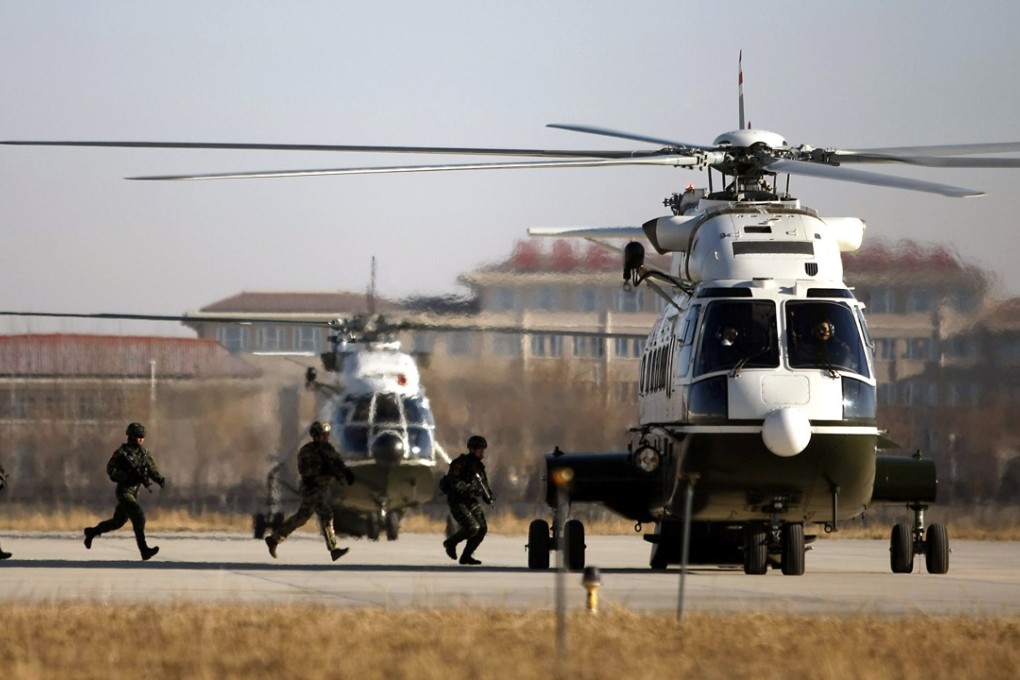Beijing hits back at US defence strategy and ‘cold war mindset’
Moscow also criticises Pentagon’s new focus on countering China and Russia, saying it’s a confrontational approach

Beijing and Moscow have criticised the US military’s move to put countering China and Russia at the centre of its latest national defence strategy, with China again hitting back at America’s “cold war and zero-sum game mindset”.
It marks a shift in US defence priorities after its focus for more than a decade-and-a-half on the fight against Islamist militants.
Shi Yinhong, director of American Studies at Renmin University in Beijing, said it was another worrying sign for China-US relations.
“It is clear that conflicts between China and the US are heading in the direction of becoming more strategic, more serious ... and more comprehensive,” Shi said on Saturday.